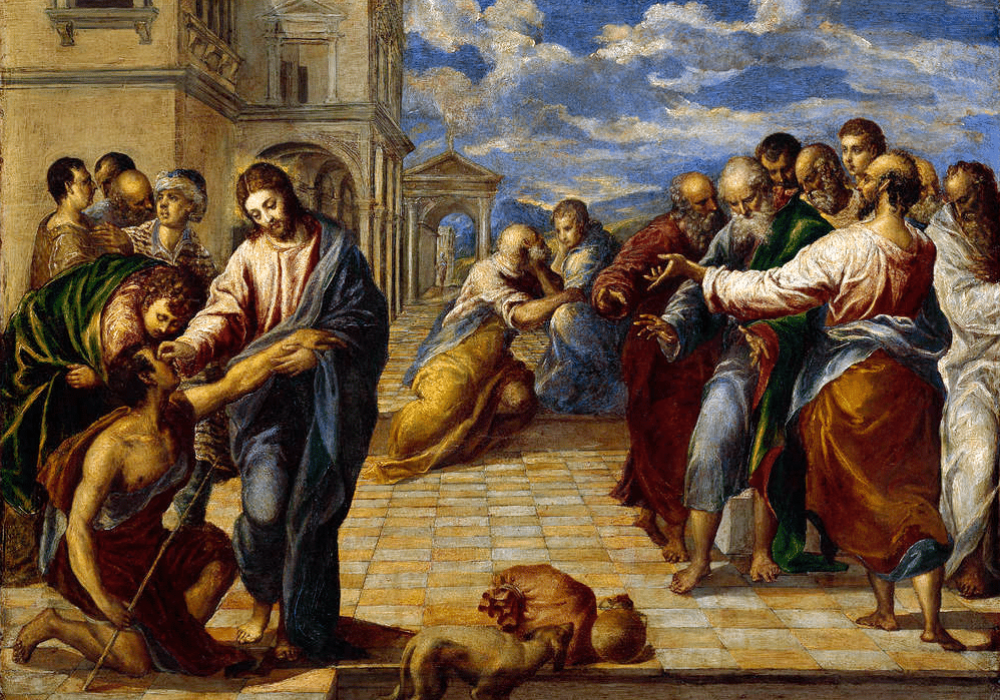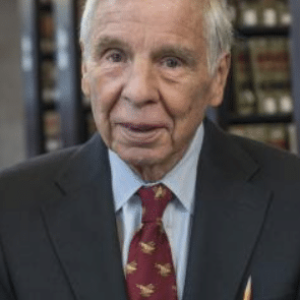For more information, contact dstrobach@lumenchristi.org.
Co-sponsored by the Catholic University of America Press.
Russell Hittinger has long been one of the world’s leading scholars of Catholic social teaching and natural law theory. His most recent book, On the Dignity of Society, presents the fruit of his mature thinking on fundamental issues in Catholic political thought. Rooted in Thomistic philosophy and natural law theory, but also animated by his study of St. Augustine and thus sensitive to historical contexts and arenas for moral and theological disputation, Hittinger articulates the deepest principles of the Church’s social teaching and sheds considerable light on their historical applications. At this event, Profs. Mary Hirschfeld and R. H. Helmholz will discuss Hittinger’s latest work, and the event will conclude with a response from Prof. Hittinger.
On Saturday, Russ Hittinger and Scott Roniger will lead a master class titled “What Is a Society? On the Coherence of Catholic Social Thought from Pope Leo XIII to Pope Francis.“





